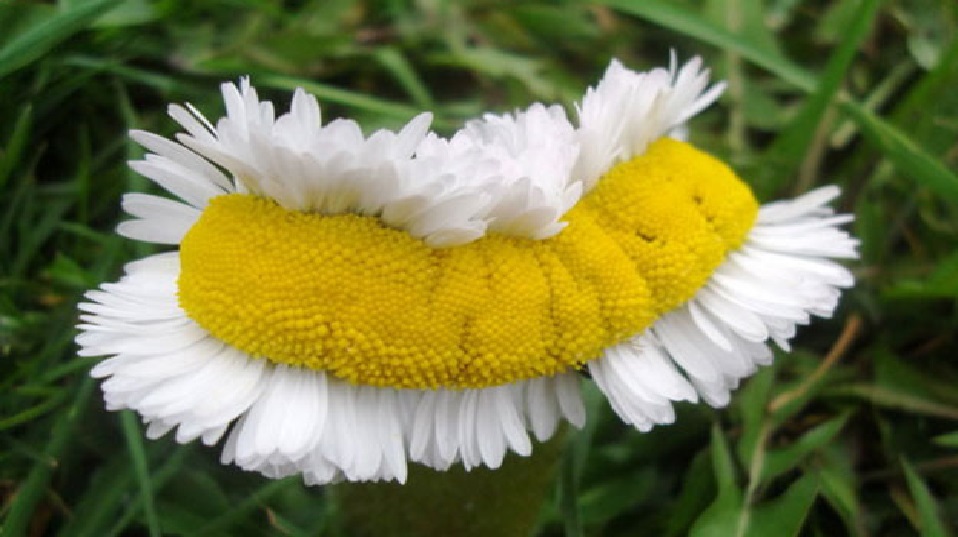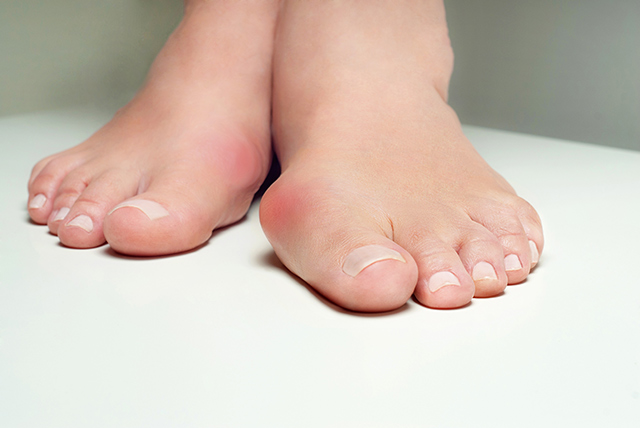Buddhist plants daisies to absorb Fukushima radiation
10/02/2015 / By Greg White

The Tokyo Electric Power Company (TEPCO) has been scrambling to find a way to contain radiation leaking from the Fukushima site. Efforts to create a barrier around the power plant by freezing the soil have been a total failure. Perhaps TEPCO can taken a lesson from Buddhist monk, Koyu Abe, who has instigated the planting of millions of sunflowers to absorb radiation from the power plant.
Koyu Abe launched a project called “Make a Wish Upon Flowers” in May. He stated that volunteers are acting to revive the area through the power of flower, giving the phrase flower power a whole new meaning.(1)
The volunteers have been planting sunflower seeds, field mustard, amaranthus, and cockcomb, which are believed to absorb radiation throughout the Fukushima region. Since nearly 2 million people live in the prefecture, Abe hopes to plant 20 million flowers in the area this year.(1)
Abe began the project in an effort to help those who have no choice but to live near the highly radioactive prefecture. While some people had a choice to leave after the tsunami, elderly people bound to nursing homes were unable to evacuate. Consequently, they have to live the remainder of their (nuclear) winter years in a highly toxic environment.(1)
Make a wish upon flowers project spreads like wildfire
The sunflowers are grown on Buddhist temple grounds. Abe states that so far, the project has grown 200,000 flowers. They’ve also helped distribute seeds throughout the area. Through these efforts, Abe claims at least 8 million flowers are blooming in the Fukushima area.(1)
Sponsored solution from CWC Labs: This heavy metals test kit allows you to test almost anything for 20+ heavy metals and nutritive minerals, including lead, mercury, arsenic, cadmium, aluminum and more. You can test your own hair, vitamins, well water, garden soil, superfoods, pet hair, beverages and other samples (no blood or urine). ISO accredited laboratory using ICP-MS (mass spec) analysis with parts per billion sensitivity. Learn more here.
Some people may be skeptical about whether the sunflowers can really soak up all the radiation stemming from the nuclear plant. While sunflowers will not be able to absorb all the radiation leaking from Fukushima, they have been shown to be selective at absorbing metals. They can even adsorb heavy metals and leave others, such as iron, behind.(2)
The fact that flowers can adsorb radiation from the Fukushima power plant was made public knowledge last July. Japanese Twitter user @san_kaido uploaded photos of several mutated daises 100 kilometers from Fukushima onto social media. The pictures spread like wildfire on Twitter, causing many people to worry about the widespread impact the disaster was having on the environment.(3)
Putting philosophy to practice
The Buddhist monk notes that radioactive particles stick to objects quickly, so it is extremely important that people take action now. The Buddhist philosophy which fuels Abe’s work is that “Life doesn’t go according to plan.” Everyone faces trials and tribulations. The best way to overcome disaster is to accept disasters happen.(1)
Since the Fukushima disaster happened, it’s pointless to contemplate why it happened. It accomplishes nothing, according to Abe. The best thing people can do is accept the reality of the disaster, and finds ways to cope with it. After disaster struck, Abe put his Buddhist philosophy to practice by volunteering to store radioactive dirt at his temple.(1)
The vastness of the temple makes it an ideal place to store the radioactive dirt. In addition, the Buddhist monks own a mountain near the temple that no one lives by. Storing the radioactive dirt there ensures that no citizens are contaminated by it. Nevertheless, Abe notes that storing the dirt at the Temple is a temporary measure until a proper disposal place is determined.(1)
Nature created many problems facing officials at the Fukushima power plant. According to the insights of Abe, however, nature can also be the cure.
Sources include:
(1) BuddhismNow.com
(2) Ccaa.ntu.edu.tw
(3) Tt.com
Tagged Under: buddhism





















